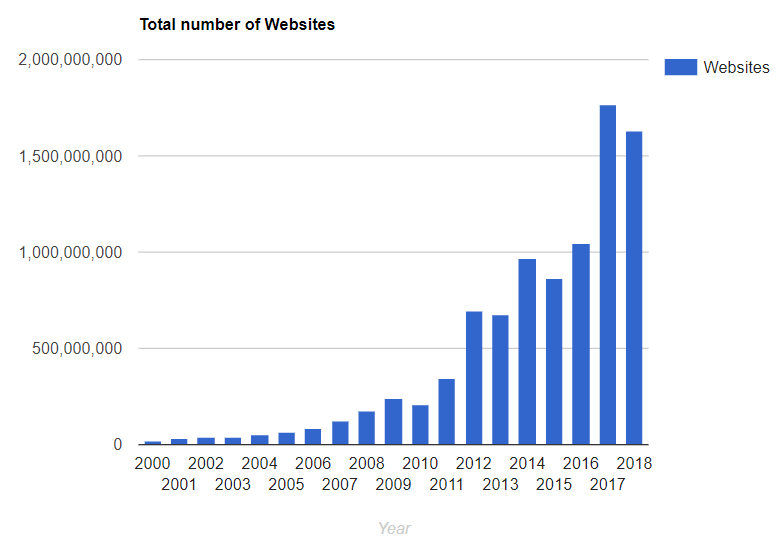SEO helps websites improve their rankings in search engines – ranking well in Search Engines can be very lucrative
Search Engine Optimisation (otherwise known as ‘SEO’) is an activity designed to help websites improve their rankings in search engines (in particular within Google with around 90% of all searches, and within Bing, the second most visited search engine.) there aren’t many websites that don’t need to rank well in the search engines, so for the vast majority of sites, the closer to position 1 on page 1 of the search results for their keywords and phrases, the better. Search engine optimisation can be difficult & very technical, but a well optimised site can be very lucrative for the owner, so there are companies around the world now who provide high quality search engine optimisation services, for example, Seven Creative, an SEO agency in Sheffield.

Although Google is not by any means the only search engine, it is certainly the largest and most well known around the world, so this is, certainly in the western world, the search engine usually focused on.
To understand Search Engine Optimisation, we need to first understand the process of ranking. In the most basic form, we have potential customers and we have website that would like to be matched with these customers. Google simply provides a way to do this. You type in what you are looking for, and Google provides you with a list of potential websites that match your request. The problem is, though, we want exactly what we are looking for without having to do any of the work ourselves. In other words, we want the best result returned to us first (or as close as possible) so Google has to work out dome way of making sure that happens (so you don’t start using a different search engine!)
Obviously there are far too many websites on the internet to be hand-curated by individuals, go Google uses an ‘algorithm’ to determine what are the best results to return for a particular search term and in what order to display these. And Google is very good at doing this! For example, how often do we venture further than the first page? Not very often! And this is because we’ve usually found what we’re looking for within the first 10 results.
This algorithm uses many, many different factors to evaluate a website and determine its authority on a particular subject or its relevance for a particular phrase. As website owners, many search engine ranking factors or out of our control, however, there are a lot we can control. The search engine optimisation you’ll commission from a company, such as Seven Creative (an SEO agency in Sheffield) will be able to optimise your web pages, your website and your linking structure (inbound, outbound and internal links). Most of it isn’t rocket-science, however, its often complex, time-consuming, and the results can take many months to properly materialise.
I suppose the take-away from this article is that, SEO is something that to do properly, you’ll need the help of a professional. However, for the best long-term results, focus on the on-page optimisation first and also learn good practice and habits with regards to creating new pages – after all it’s a lot easier and cheaper to do the SEO as you go as opposed to having to pay someone to go back and do it later on!
PS you have probably noticed that this article is designed to help improve the search rankings of the website www.sevencreative.co.uk – or rather the specific page sevencreative.co.uk/seo-agency-in-sheffield/ – within the search engine rankings, for the phrase ‘SEO agency in Sheffield’. Whereas this article isn’t exactly what we’d describe as a ‘perfect’ example of an search engine optimised article, it’ll certainly go a long way to improving the position in the rankings of the page it’s referring to. This, in combination with many other activities such as ‘on-page optimisation’ will increase its position in the rankings and start to increase traffic to that page. Whether or not the page itself convinces the visitors to pick up the phone is a whole different kettle of fish (or Conversion Rate optimisation aka CRO)
